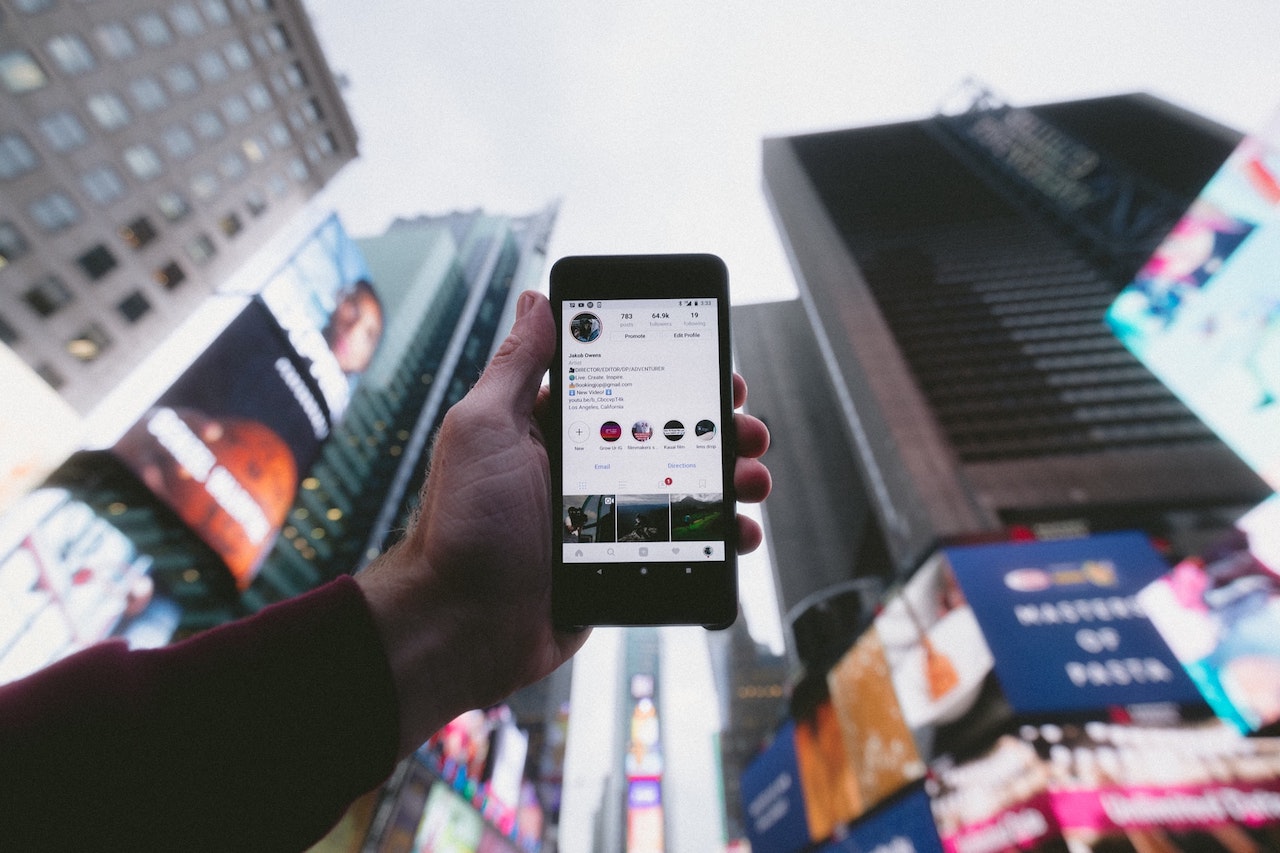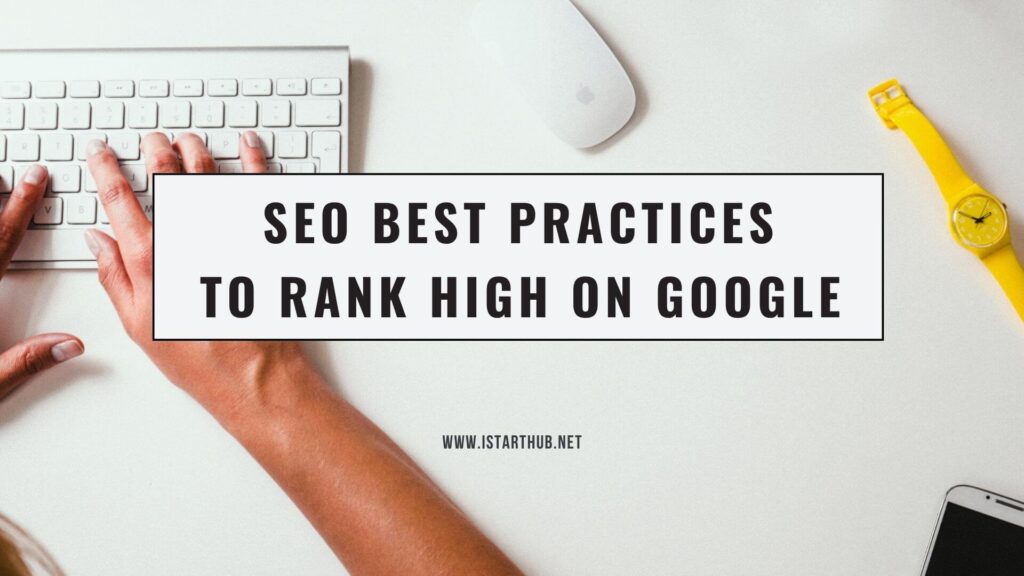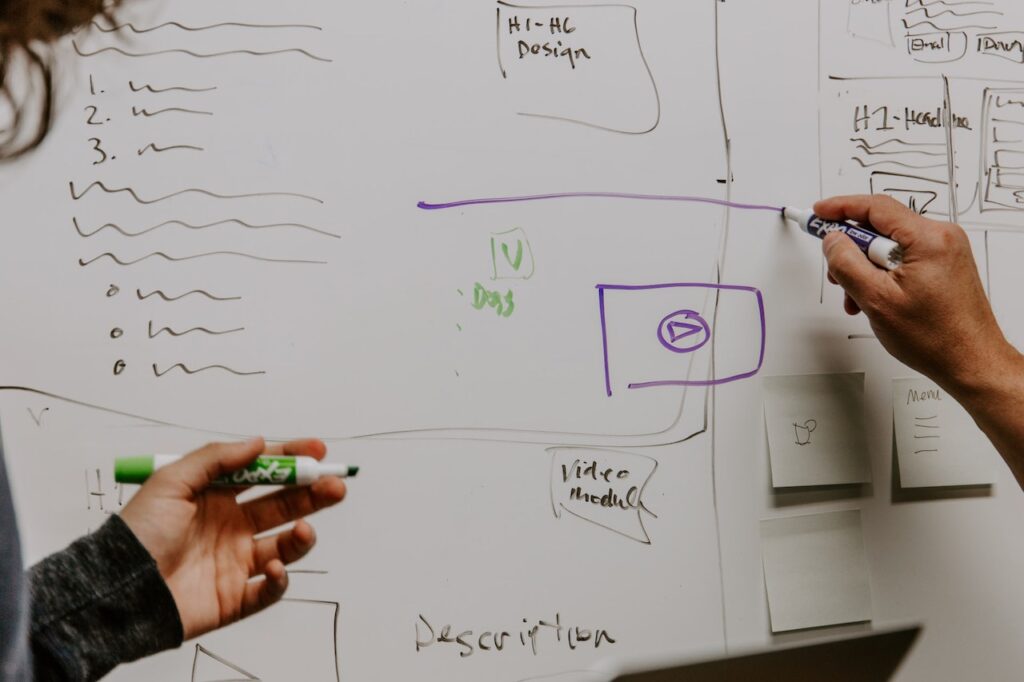Now Reading: Top 10 IoT App Development Trends: Must Read
- 01
Top 10 IoT App Development Trends: Must Read
Top 10 IoT App Development Trends: Must Read

The Internet of Things (IoT) is the most popular technology across industries, particularly in the mobile & software industry. The Internet of Things is fueling the upcoming shift in app development. The methods used by businesses to develop apps are changing as a result of IoT.
IoT is all set with some new and advanced trends in the development of apps and has helped IoT application development companies and developers provide exceptional user experiences. The technological world is constantly changing. Every year and every day, innovations emerge. Each IoT device improves our lives in a variety of ways. In 2025, the number of connected IoT devices is expected to reach 64 billion.
What exactly is an IoT application?
IoT apps run on IoT devices and can be tailored to almost any industry or vertical, such as healthcare, industrial automation, smart homes and buildings, automotive, and wearable technology. AI and machine learning are increasingly being used in the development of IoT apps to provide devices with knowledge.
There are many ways in which IoT applications help the business. From simplifying, improving, automating, and controlling processing along with giving the correct data, efficiency in operations IoT applications can do all.
As a result, IoT technologies will aid in the development of new IoT apps for new revenue sources and business models, as well as provide companies with the actual data they require to improve services and products.
In the upcoming year, it is expected that IoT will grow popular in the app development industry. Even sectors like healthcare and retail are investing & following the IoT technology. So, if you are also planning to implement these latest solutions & technologies then, it is wise to know the latest trends that will be transforming the industry.
Why is the Internet of Things (IoT) so significant?
In recent years, the Internet of Things has emerged as one of the most important technologies of the twenty-first century. Now, we can connect everyday objects to the internet via embedded devices, such as kitchen appliances, cars, thermostats, and baby monitors. The communication between humans, things, and processes has become seamless.
A lot of data is created every day. With the little help of humans, objects can share and collect data with the help of computing, big data, cloud, mobile technologies, and analytics.
In this hyperconnected environment, digital systems can store, analyze, and adapt each connection between devices connected. Digital technology collides with the physical world and is working together.
So, now it’s time to have a look at some of the Top IoT App Development Trends:
1. Developing on IoT Platforms
To begin, many developers are building their applications on the internet of things platforms to achieve more seamless connectivity. These platforms typically serve as a bridge between physical objects and actionable insights. Furthermore, they usually include tools for creating one-of-a-kind products for storing, collecting, and analyzing data from your connected devices.
One of the most popular IoT platforms, for example, uses a device manager to register devices with the service. Then, it connects to and communicates with the cloud via MQTT and HTTP protocol bridges. Other communication platforms, for example, may interact between physical items and the data center using DDS, Bluetooth, or WiFi. Without a doubt, application developers are relying on IoT platforms to simplify connectivity between devices and software.
2. Blockchain Technology for Cybersecurity
In addition, many IoT app developers are incorporating blockchain for cybersecurity. A blockchain, in particular, is a decentralized database that contains blocks on multiple computer networks at the same time.
As your systems add new data, the blocks continue to build while the old blocks are saved. These blocks are notable for being linked to one another in a cryptographic chain. This makes breaching extremely difficult.
Because IoT applications frequently store sensitive data such as voice activities and banking information, security is critical. You can encrypt data in transit for more secure applications by integrating blockchain technologies and platforms with IoT development.
3. Machine Learning (ML) & Artificial Intelligence
Furthermore, artificial intelligence (AI) and machine learning (ML) automation are two major IoT app development trends that are reshaping the industry. Notably, both AI and ML facilitate automation. Indeed, many developers use these technologies to automate repetitive tasks, simplify work, and obtain more accurate details while developing applications.
Furthermore, AI and machine learning can collaborate with IoT to create human-machine interactions. Many developers, for example, are applying advanced machine learning algorithms to sensors integrated with machines. Notably, the algorithms connect the sensors to massive amounts of data. The sensors then use this data to monitor the condition of the equipment and provide predictive maintenance insights. Workers can use this information to reduce the likelihood of error.
4. Cloud space Management
The introduction of cloud-based technology has fundamentally changed both the IT division and traditional infrastructure. Cloud-based applications are also part of the Internet of Things (IoT). It has the potential to improve device availability. It may also aid in the development of a stronger customer network within businesses.
Organizations can gain proper access to the data collected by Internet of Things devices. This may help businesses grow by making them more appealing to potential customers. It may also result in increased communication between businesses and customers, resulting in a better customer experience and more effective customer service.
5. Smart Home Devices

When smart home devices were first introduced, they were regarded as toys for children; however, with the advent of IoT, many people are discovering them to be extremely useful in their day-to-day operations; the primary reason for their success is the innovation factor.
As a result, there are numerous reasons for their success, which is the primary reason that an increasing number of people are shifting their focus toward the use of these types of devices, which is only possible with the concept of IoT.
6. Edge Computing
Edge computing is a major IoT development trend to watch out for. Importantly, IoT developers are beginning to prefer edge computing to cloud computing for data storage. The data from IoT devices is transmitted to a local storage device at the network’s edge using this method. The data is then analyzed, sorted, and filtered before being sent to the cloud by this device.
Notably, this computing method can reduce network traffic to avoid bottlenecks. This frequently leads to improved data management at the device level. Furthermore, it can reduce reliance on cloud storage for fast-running applications and lower latency.
7. Virtual Reality (VR) & Augmented Reality (AR)
Because of the widespread use of these technologies across a wide range of industries around the world, the terms Augmented Reality (AR) and Virtual Reality (VR) are becoming commonplace in the business world. This concept continues to be at the forefront of creating a fully immersive experience through the use of smart devices.
When it comes to innovation, the Internet of Things, in conjunction with augmented and virtual reality, opens up a plethora of possibilities. Connected devices that use AR and VR technology can be used for training as well as scheduling employee or customer-related activities.
8. Increased Personalization Through Retail Experience
The current Internet of Things development is focused on retail supply chain management, including the use of iBeacon technology to improve the retail experience for both consumers and shop owners.
Incorporating IoT into smart retailing is the most effective strategy for increasing virtual visits to e-stores while also providing customers with options to personalize their shopping experience.
A prospective customer who receives a notification alert while passing by a business may decide to stop by and look at the merchandise, increasing their likelihood of making a purchase. The Internet of Things (IoT) plays a role when customers embrace personalization and a better retail experience when making purchasing decisions.
9. Internet of Things will benefit the healthcare industry
The significant benefit of incorporating Internet of Things technology into the healthcare sector is that there are several potential ways to rapidly improve the entire medical sector.
Internet of Things (IoT)-enabled healthcare apps like glucose monitoring, heart rate monitoring, and hand hygiene monitoring are expected to completely transform the world’s medical services, and these types of applications may also help physicians provide the most efficient treatment possible to their patients.
Doctors will be able to obtain comprehensive and clear updates on their patients’ health much more easily as a result of the incorporation of portable devices such as sensors that can be replaced with diagnostic instruments. Thus, as a result, the records will be updated and completed.
10. Wearable Devices
Wearable devices such as smartwatches, fitness trackers, and even smart rings have altered our interactions with smart devices. Unfortunately, the majority of mobile apps do not support these devices.
They will be an essential component of the Internet of Things.
As a result, businesses and developers must create Wearable apps for IoT that are compatible with instant interoperability, profile management, notifications, data collection, security, and a variety of other features and functionality.
Conclusion
We are all aware that the Internet of Things (IoT) has the potential to make game-changing improvements to emerging trends in the mobile app development & software industry. Huge opportunities are expected to open up for any company or the developers involved in this sector. Whether directly or indirectly, IoT will shape the future of nearly every industry. The trends that we have mentioned above are some of the ones that will dominate the evolving Internet of Things (IoT) app ecosystem in the coming years.
Harikrishna Kundariya, a marketer, developer, IoT, ChatBot and Blockchain savvy, designer, co-founder, Director of eSparkBiz Technologies. His 10+ experience enables him to provide digital solutions to new start-ups based on IoT and ChatBot.
















